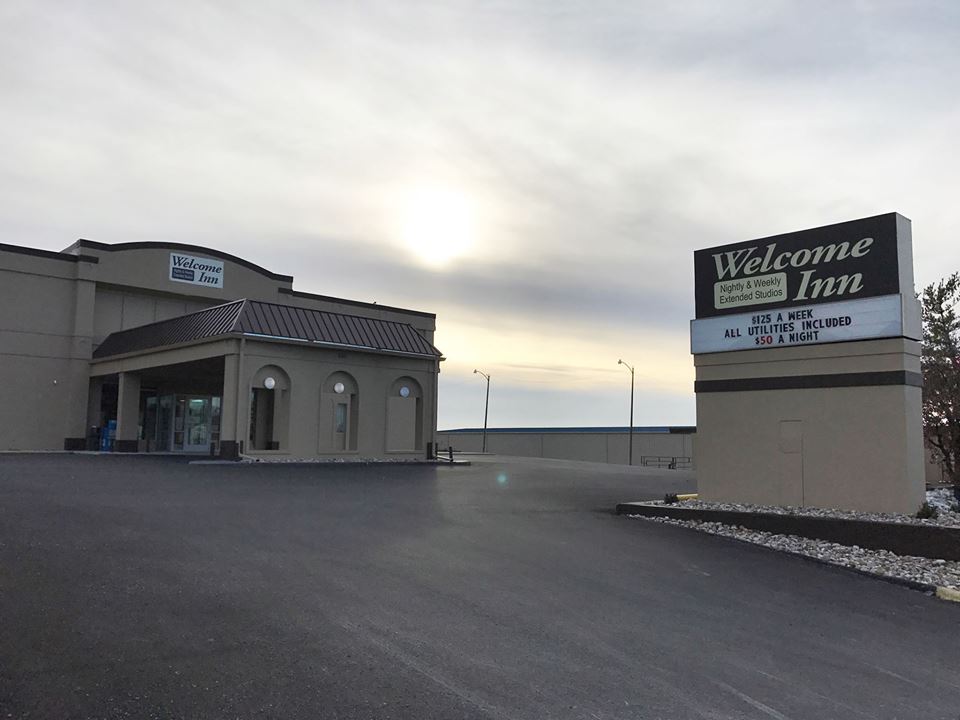
Welcome Inn hotel employees, owners spar over signed declarations
The owners of a Welcome Inn hotel in Quincy, Illinois had initially reacted to a lawsuit by interviewing employees as to their working conditions, according to court documents.
In Brashier v. Quincy Properties, LLC, former Welcome Inn employees April Brashier, Richard Orencia and Chad O. Lebow alleged the owners of the hotel violated the Fair Labor Standards Act (FLSA) by failing to pay them for overtime hours worked. The plaintiffs claim Welcome Inn owners Ken Logan and Quentin Kearney misclassified them as salaried employees in order to dodge overtime pay requirements. The plaintiffs also allege the owners violated the FLSA through illegal deductions from their paychecks.
Brashier claims that when she went to the owners to complain about the conditions now described in the lawsuit, they fired her.
According to court documents, Logan said he and Kearney interviewed several Welcome Inn hotel employees to see if the plaintiffs’ allegations had any merit, and also to determine if Brashier, Orencia and Lebow might be owed further compensation.
Logan and Kearney then asked those employees to sign a draft declaration drawn up by their attorney. The statement reads, in part: “I have been interviewed regarding this Declaration and I choose to complete it without threat or coercion or retaliation. I understand that I am free to complete this Declaration and my decision to decline cannot be used against me or negatively impact my rights or my employment.”
The form continued with employment-related questions and ended with a declaration of signing under penalty of perjury. Court documents show Logan said he and Kearney used the form as a “model to frame the discussions” and added that if any employees of Welcome Inn hotel believed they were owed money, they were paid that amount regardless of failure to sign the declaration. Documents don’t provide the names of all those interviewed, or those who signed the declaration.
Cooperation or coercion?
The plaintiffs presented the affidavits of two former employees allegedly interviewed by Kearney and Logan: Debra Schoen and Jason Smidt. Schoen’s affidavit alleges that Logan referred to other employees as “Mexicans” and that he repeatedly asked her to sign a paper stating she was owed no overtime. Schoen further alleged that she was forced to sign the document without reading it or consulting an attorney. She feared termination and claimed that if fired, she would only have three days to move.
Logan disputed many of Schoen’s statements and denied threatening or coercing anyone he interviewed, court documents show. Logan reportedly told Schoen that she was free to participate or not participate in the interview.
“Kearney and Smidt also disagree over the details of Smidt’s interview,” casetext reported. “According to Smidt, Kearney called Smidt to meet with him. At the meeting, Kearney asked if he owed Smidt any money. Kearney explained that there was a lawsuit and he wanted to know if Smidt thought he was owed any money. Smidt said he was owed $500,” according to Smidt’s affidavit.
According to Smidt, Kearney said, “I will pay what you think you are owed, but you have to sign a document saying you will never sue.” Kearney transferred $500 to Smidt’s bank account. Smidt used his smart phone to confirm the transfer. Kearney then gave Smidt a document to sign. According to Smidt, Kearney told him that by signing, Smidt would not be able to sue him or the other defendants in the pending lawsuit. Smidt signed the document. According to Smidt, Kearney told him that if he tried to sue, Smidt would get nothing, and would have to pay Kearney “a lot of money.”
Kearney disputed several of Smidt’s statements. Kearney said he asked Smidt about any money owed to him and paid the $500 “before I presented a declaration to Smidt based on our interview.” Kearney said he did not condition receipt of the $500 on signing the declaration. Kearney also said he never told Smidt that once he signed the declaration, he could not sue any of the defendants.
Kearney also said that no employee was terminated for refusing to participate in the interviews he and Logan conducted. Kearney said no employee was terminated for refusing to sign a declaration. Kearney said no one threatened or coerced any Welcome Inn hotel employee he interviewed into signing a declaration.
The case is Brashier v. QuincyProperty, LLC, No. 17-cv-3022, at *11 (C.D. Ill. Sep. 29, 2017).







